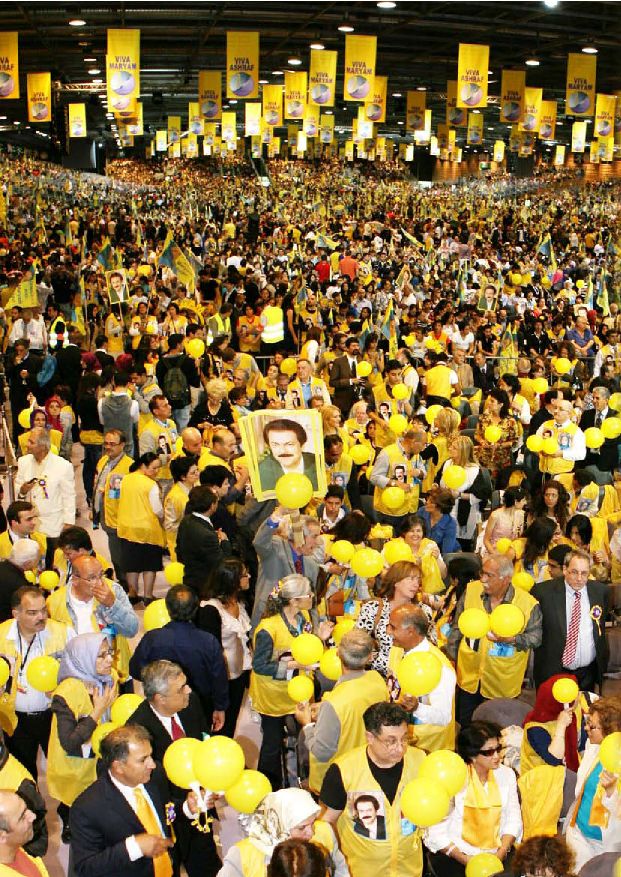PRNewswire
WASHINGTON, Aug. 24, 2011 /PRNewswire-USNewswire/ — Members of Congress and senior former U.S. officials will voice support for a major rally by thousands of Iranian-Americans in solidarity with Iran’s pro-democracy movement on Friday, August 26th, according to Human Rights and Democracy International.
Congressman John Lewis (D-GA), one of the keynote speakers at the Martin Luther King Memorial ceremonies, and former U.S. officials, including Pennsylvania Governor Ed Rendell, FBI Director Louis Freeh, Senator Robert Torricelli, Rep. Patrick Kennedy, CIA Deputy Director of Clandestine Operations John Sano, and Col. Wesley Martin (Ret.), who served as Camp Ashraf commander in Iraq, will address the Friday rally.
In a joint statement, Co-chairs of the House Congressional Iran Human Rights and Democracy Caucus, Representatives Dana Rohrabacher (R-CA) and Bob Filner (D-CA), said, “We welcome our Iranian-American friends to Washington to join in solidarity with the people of Ashraf.” They referred to the “pivotal role the Iranian people, particularly the Mujahedin-e-Khalq (PMOI/MEK) have played in the Iran uprising.”
In his letter to members of the Iranian American community, Senator John Bozeman (R-AR) noted, “House Foreign Affairs Committee unanimously adopted an amendment to H.R.2583” making it a policy of the United States to “urge the Iraqi government of Iraq to uphold commitments to the United States for ensuring the continued well-being of those living in Camp Ashraf and prevent their involuntary return to Iran or forcibly relocate from Camp Ashraf.”
“I applaud you for gathering just steps from the Lincoln Memorial to call for transparency and respect for the rule of law,” wrote Congressman Dan Lungren (R-CA). Congressman Mike Coffman (R-CO) member of House Armed Services Committee added, “I am happy to be among about 100 co-sponsors of H.Res.60. The resolution asks our government to do what the United States Court of Appeals has also suggested: to remove residents of Ashraf and the People’s Mojahedin Organization of Iran (MEK/PMOI) from the U.S. terror list—just as our European allies have done.”
“I wish you every success during your visit to Washington… the purpose of which is to bring greater awareness to the situation of family members and friends located in Camp Ashraf, Iraq, including recent humanitarian concerns about the Camp’s residents,” wrote Senate Armed Services Committee member Claire McCaskill (D-MO).
SOURCE Human Rights and Democracy International

